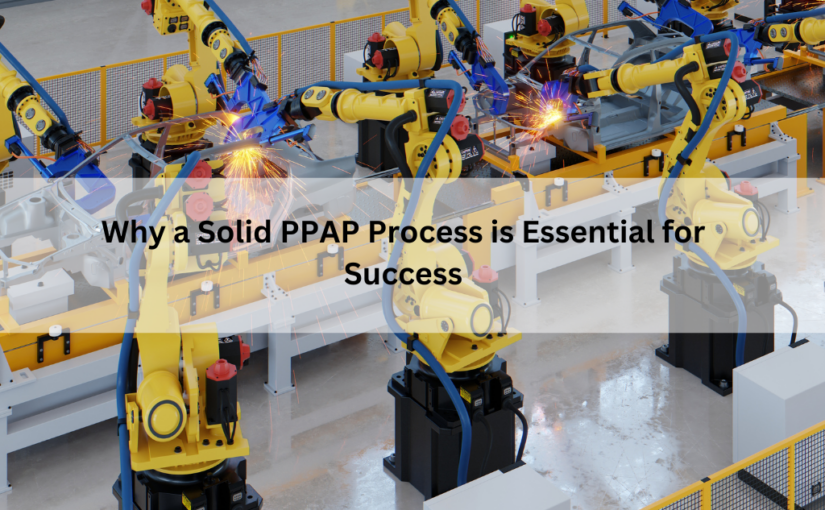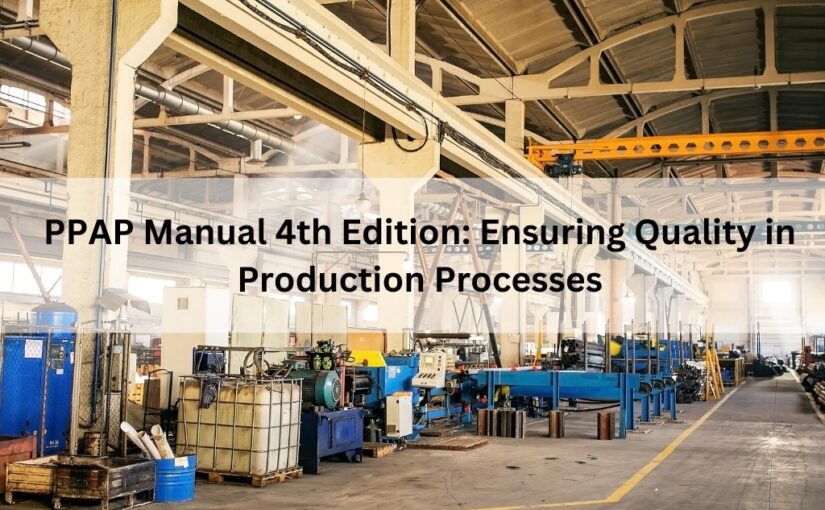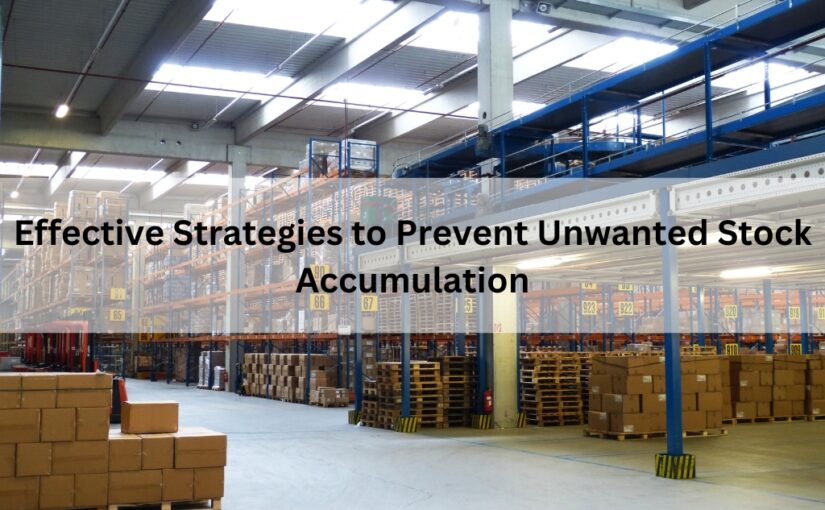Value Engineering & Its Benefits – How Value Engineering Services Can Help Your Business
Value engineering – what does it mean, exactly? Of course, all engineers want to give a high-value engineering service to their clients, but in this context, it has a quite specific meaning, akin to reverse engineering.
Value engineering is a term familiar to most cost reduction consultants. It is the method by which the value of products and services are evaluated in terms of function versus cost. In other words, you can improve the way the product functions, or reduce its cost, to increase its value. Of course there are other factors involved, for example, you don’t want the cost of implementing your value engineering strategies to cost more money than they’ll bring in. At the same time, you must ensure basic functions are not reduced in any way. This means careful weighing of performance versus costs, to optimise the value of what you are producing, be it goods or a service.
In the US there is a specific Public Law that applies to value engineering services. PL 104 to 106 states: “Each executive agency shall establish and maintain cost-effective value engineering procedures and processes.” Good value engineering practice is sometimes covered in the project management modules of electronic and mechanical engineering courses. Although it is common sense – reducing unnecessary expenditure without compromising on quality or performance, to both the producer and the customer’s advantage – it is a skill that needs to be learned.
Value engineering is described in terms of function. What an object does, and what it is being used for, rather than what it is. We at Enventure Technologies offer reverse engineering services to suit companies of all kinds.










